Not many days seem to go by without AI’s emerging capabilities in the news, generating responses somewhere between excitement, concern and terror about what the various applications can or could potentially do. As with most technologies, there isn’t a straightforward answer as to whether AI is inherently good or bad – in fact it’s not a helpful question at all. It’s all about how it gets used, by whom and to what end.
How is this playing out in the world of food in particular? On the encouraging side, there’s talk for example about the potential to create exciting and completely novel foods that are potentially much more nutritious and sustainable (and appealing to consumers looking for something new). On the other hand, there is concern about AI putting potentially vast numbers of agri-food industry workers out of a job, among other adverse consequences; most worryingly perhaps, there is a sense that shifts towards AI are inevitable whether they are desirable or not – that AI is going to take over quickly, and all the food industry can do is try to adapt fast enough.
How should those of us concerned with the future of food navigate all this?
First things first – let’s cut to the chase: we are at a critical moment for humanity, facing existential threats to human health, food security, community cohesion and more, from the climate crisis, nature collapse, as well as rampant inequality and a global epidemic of diet-driven ill-health. Food, agriculture and diets are at the heart of some of our biggest and most urgent global challenges. If we don’t tackle these challenges fast, we won’t have much of a workable food system to worry about by the end of our careers.
Ultimately, the primary tasks for the foreseeable future, for anyone working in the food system, are to help ensure that everyone everywhere is eating well; that all food workers get paid properly to make food; and that we have a safe, stable climate and thriving nature so that agriculture remains possible at all.
In that context, really the only question we need to ask about AI, is whether and how it can help with those tasks. Everything else it can do risks just rearranging the proverbial deckchairs, or worse, accelerating existing ecological and social damage happening across the global food system, rather than driving the solutions the world really needs. And that also means the food industry risks investing time and money in AI ‘solutions’ that don’t actually help businesses to survive in the medium to longer term.
So where’s the potential in AI for food?
For one, it could certainly help to quickly spot patterns in data at larger scales – whole manufacturing plants, value chains, sectors… and that might help us to radically reduce food waste and energy use in manufacturing or foodservice for example, while improving food safety and traceability. It could speed up product development processes, generating novel good foods in quick response to new trends or needs, perhaps making more nutritious and sustainable ingredients and products appealing and acceptable to consumers.
However, AI isn’t necessarily the best solution to some of these challenges. Nature, and human chefs, have already generated a near infinite range of tasty, nutritious foods – arguably more technology is not what’s missing to get people to eat them. Moreover, AI technology is rooted in existing human ways of thinking and doing – so there’s a real risk we just end up churning out bad food, dead soils and greenhouse gas emissions even faster than we already are.
In which case, how can AI potentially be embraced in the best way, to support the food industry in shaping a sustainable future? I see three main elements:
- Firstly, the genuine need must come first, not the technology; and we must ensure we’ve fully understood the problem, as well as whether and how much AI (or any other tech) can actually help to resolve it, ideally at the level of the root causes. The tech must be in service of positive change, so we don’t end up with solutions looking for a problem to solve. Is it a technological problem, or something else?
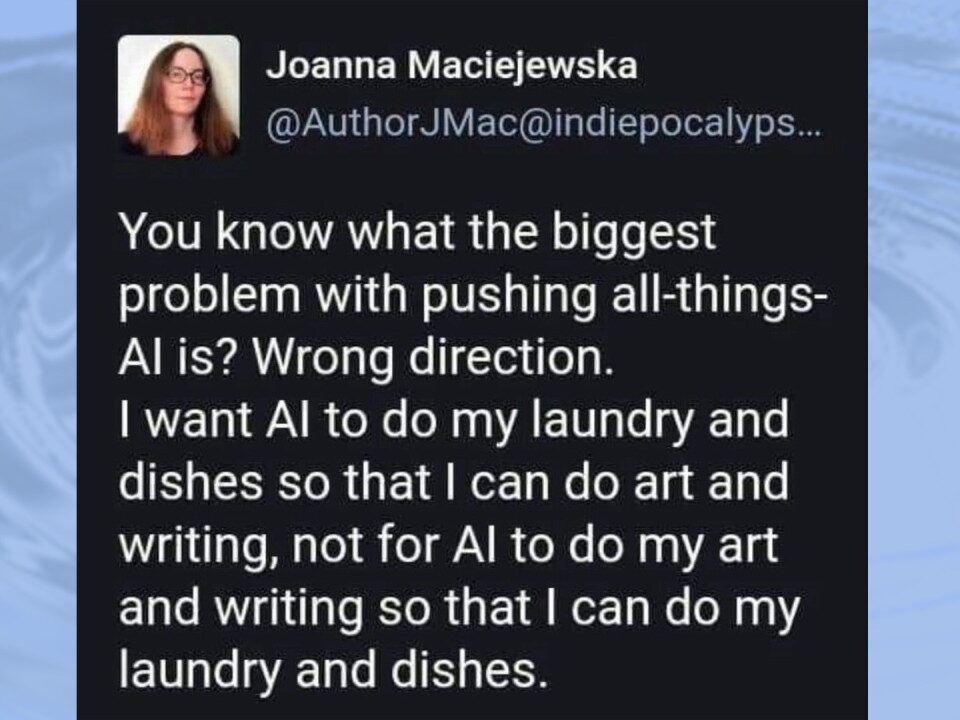
- Secondly, we need to be careful about reinforcing models that aren’t future fit– a lot of AI seems to focus on efficiencies, which is useful, but there is a risk of investing huge amounts of money and time in making unsustainable business models a bit more efficient, prolonging the status quo, when in fact we need to stop doing those things and replace them altogether. If AI just helps industry to churn out more obesogenic or high-carbon foods faster, then we’ve got it all wrong. I’m reminded of the fridge magnet, “Drink coffee – do stupid things faster with more energy.”

- Finally, we need to be careful about the wider implications of adopting new tech. Who’s got access to it, and who is benefiting from the data, insight or savings it might generate? Who is losing out or being left behind? What are we doing for the people whose jobs risk being replaced? Are the jobs left for humans any good? There’s a transition risk we need to think through. Does it ultimately lead us to a food industry we (all) really want?
To build on that last point, a future food industry that we all really want requires us to think beyond individual food businesses, to how to provide good outcomes for everyone, along whole value chains and across sectors; and so much about the challenges is firmly in pre-competitive territory, so we need to be clearer about where to collaborate. For one, food businesses getting to Net Zero is not really about competitive advantage – we all need to succeed (and not lose time duplicating investments or mistakes) to ensure a viable climate for agriculture and food security, without which there’s no stable society for food businesses to operate in effectively. We also therefore need to think carefully about what different AI applications might do to help or hinder positive cooperation, collaboration, and shared access to good outcomes.
So where next with AI and food?
What would be really exciting, would be to see the food industry prioritising, investing in and advocating for AI applications that genuinely accelerate our ability to tackle our big global challenges, but only where they are the most suitable solution, and only if deployed with care, that is, without reinforcing existing (or creating new) challenges, flawed models, and inequities. This means ignoring the hype about AI, and actively shaping how, and how much, AI plays out in food, rather than just accepting it as inevitable. Which almost certainly needs considered, collective discussions – within and across food sectors and industries, and ultimately, together with wider society. That’s a job for human intelligence first and foremost, which I firmly believe will remain the most important tool for solving our complex, interconnected and urgent food system challenges.
If you are exploring similar questions about AI’s role in the food system, reach out to Geraldine Gilbert at g.gilbert@forumforthefuture.org to get involved.
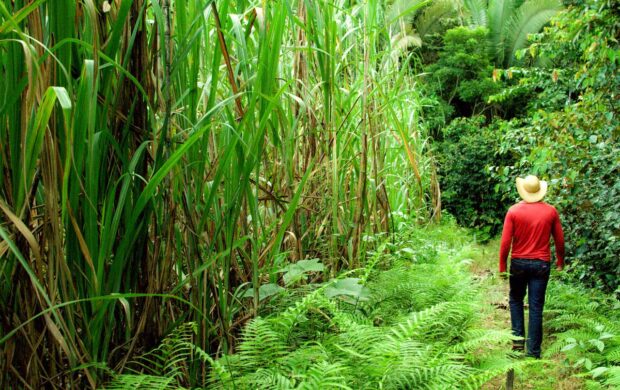

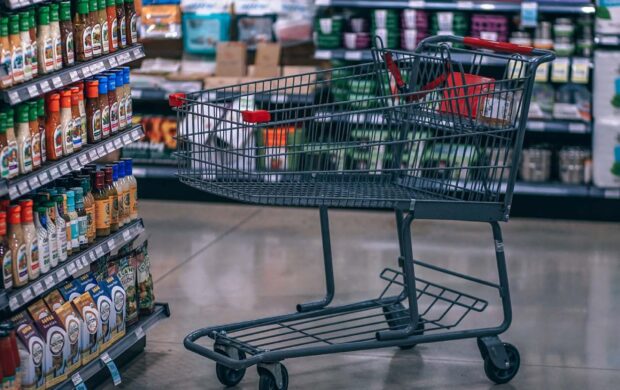
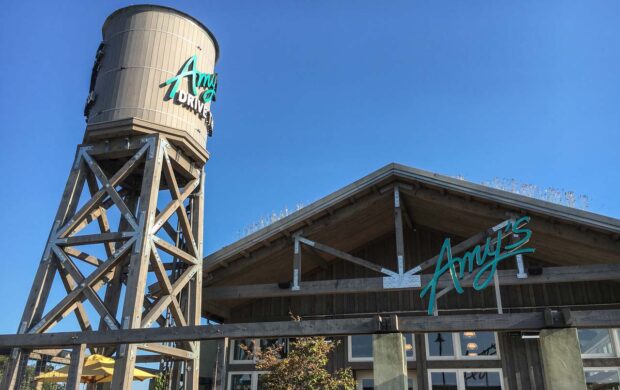
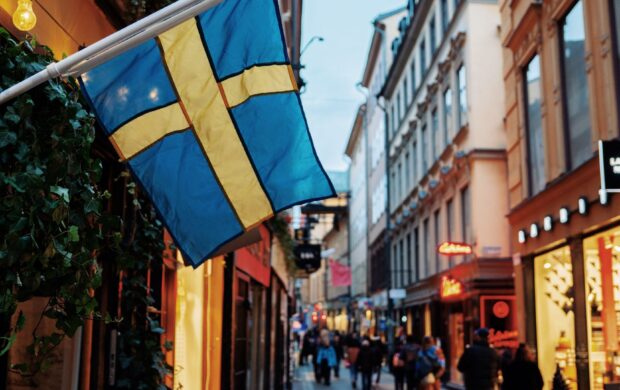

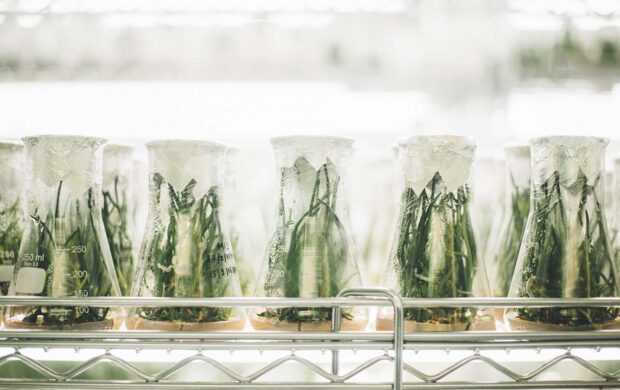
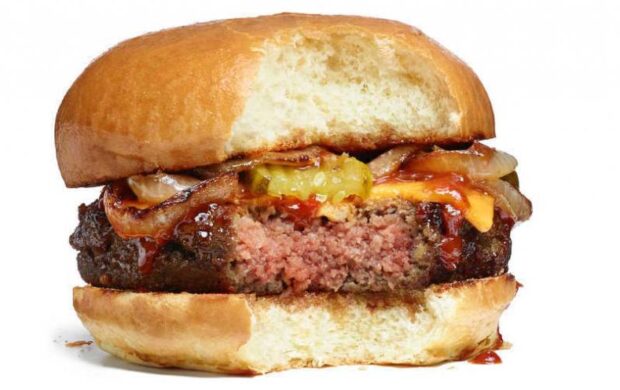
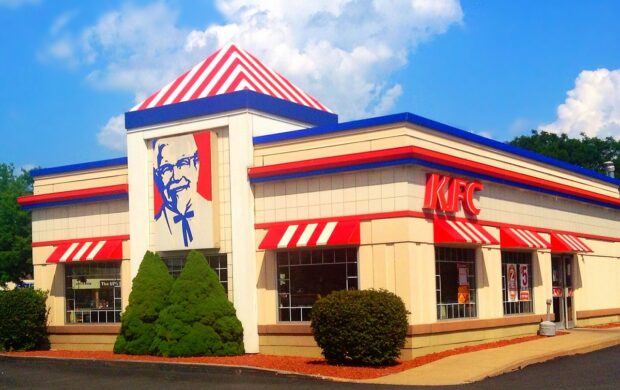
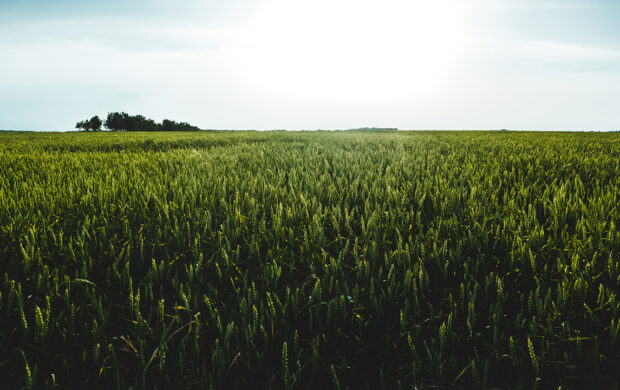
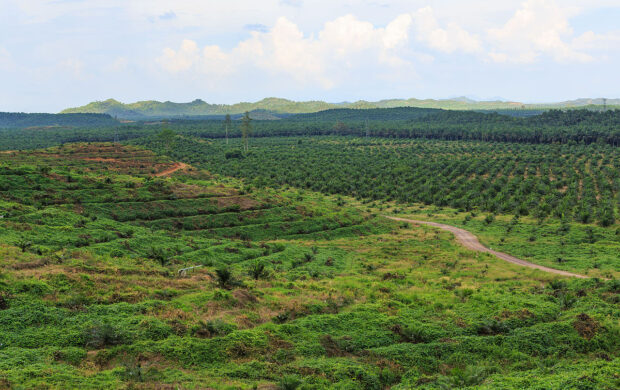
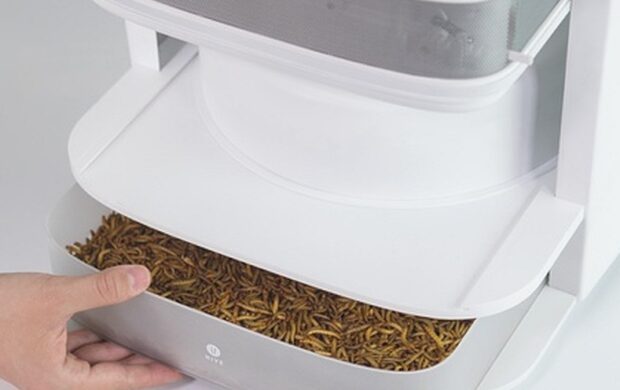


I appreciate the balanced approach you’ve taken, highlighting both the potential benefits and risks of AI in the food industry. Your emphasis on prioritizing genuine needs and avoiding the reinforcement of unsustainable models is particularly insightful.
I find your three main points for embracing AI in the food industry to be crucial:
1. Focusing on genuine needs rather than technology for its own sake
2. Avoiding the reinforcement of unsustainable business models
3.Considering the wider implications and potential inequities of AI adoption
I especially agree with your call for collaboration across the food industry to address challenges like achieving Net Zero. It’s refreshing to see an emphasis on collective action rather than just individual business interests.
Your closing statement about the continued importance of human intelligence in solving complex food system challenges resonates strongly. While AI can be a powerful tool, it’s clear that thoughtful human guidance and decision-making remain essential. At a recent tech conference I attended, I heard many of the prominent AI speakers address many of these topics as well.
An interesting viewpoint.
AI can impact the food industry in several significant ways across the entire supply chain. In farming and production, smart systems can optimize irrigation, fertilization, and harvest timing, while computer vision can detect crop diseases by analyzing plant images. AI enables better yield prediction and crop planning by analyzing historical data and weather patterns, and can control automated farming equipment and robots for planting and harvesting.
In food processing facilities, AI-powered computer vision systems perform quality control by detecting defects or contamination. AI can optimize recipes by analyzing ingredient combinations and consumer preferences, while also enabling predictive maintenance for manufacturing equipment to prevent breakdowns. Automated sorting and packaging systems increase efficiency and reduce labor costs.
For distribution and supply chain management, AI provides accurate demand forecasting to reduce food waste and optimize inventory levels. It can optimize delivery routes, monitor cold chain conditions using IoT sensors and analytics, and predict shelf-life to improve inventory management.
The customer experience is enhanced through personalized menu recommendations based on dietary preferences and past choices. SEO powers virtual assistants for ordering and customer service, enables food recognition apps that provide nutritional information, and can create smart vending machines that learn from purchase patterns.
Food safety and quality benefit from AI through early detection of foodborne illness outbreaks using pattern recognition. AI enables real-time monitoring of storage conditions and safety parameters, powers traceability systems using blockchain to track food from farm to table, and can analyze food safety inspection data to predict risk areas.